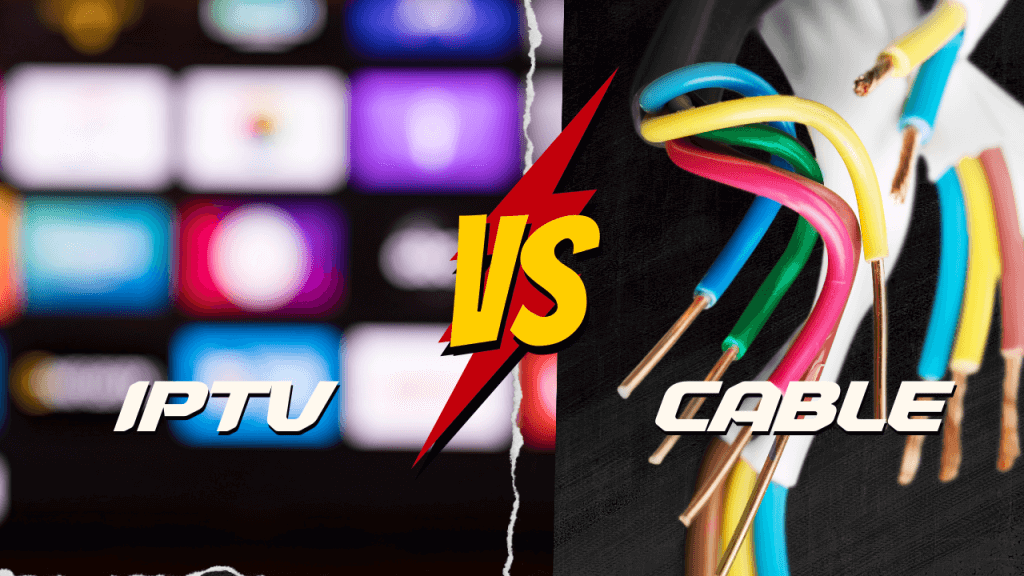As the world continues to evolve, so do the ways in which we access our favorite shows and movies. Gone are the days of being tethered to a cable or satellite subscription, as internet-based streaming services have become increasingly popular. One such service is IPTV, or Internet Protocol Television, which has quickly gained a following. In this article, we’ll explore whether IPTV is better than traditional cable or satellite TV.
What is IPTV?
IPTV, as previously mentioned, stands for Internet Protocol Television. It’s a service that uses internet protocol technology to deliver TV programs and videos to users. IPTV works by converting traditional broadcast signals into digital signals that are then streamed over the internet to a device such as a smart TV, computer, or mobile device. The service requires a high-speed internet connection and a compatible device to stream content.
How does IPTV differ from traditional cable or satellite TV?
Traditional cable and satellite TV work by transmitting signals over a coaxial cable or satellite dish, respectively. This means that users are limited to the channels and programming offered by their provider, and they can only watch these channels on a TV that’s connected to a cable box or satellite receiver. On the other hand, IPTV offers more flexibility, as it can be accessed on a variety of devices, including smartphones, tablets, and computers. IPTV also offers the ability to stream on-demand content, allowing users to watch what they want, when they want.
What are the benefits of IPTV over cable or satellite TV?
One of the most significant benefits of IPTV is its flexibility. As previously mentioned, it can be accessed on a variety of devices, which means users can watch their favorite shows and movies on the go. Additionally, IPTV often offers more channels and programming than traditional cable or satellite TV, and at a lower cost. Many IPTV providers offer customizable packages that allow users to choose the channels they want, rather than paying for a large bundle of channels they don’t watch. IPTV also offers the ability to watch on-demand content, meaning users can watch what they want, when they want.
What are the drawbacks of IPTV compared to cable or satellite TV?
While IPTV has many benefits, there are also some drawbacks to consider. One of the biggest concerns with IPTV is its reliability. Because IPTV relies on an internet connection, if the connection is slow or intermittent, the quality of the stream can suffer. Additionally, some IPTV providers may offer illegal streams or access to pirated content, which can be a legal and ethical concern. It’s important to choose a reputable IPTV provider to avoid these issues.
Conclusion
So, is IPTV better than cable or satellite TV? The answer is not straightforward, as it depends on the individual user’s needs and preferences. IPTV offers more flexibility, customizable programming, and on-demand content, while traditional cable and satellite TV may offer more reliable streams and a larger selection of channels. Ultimately, it’s up to the user to decide which service best fits their needs. However, as IPTV continues to grow in popularity and reliability, it may become a more viable option for many users.

